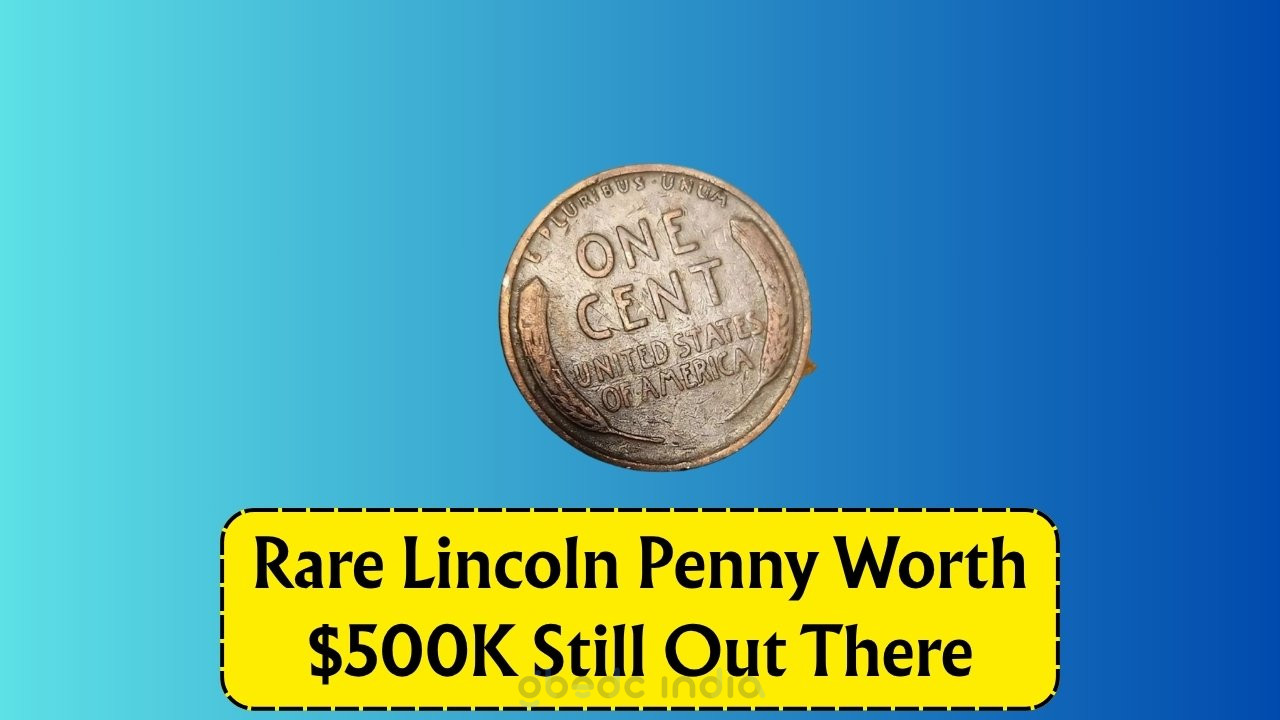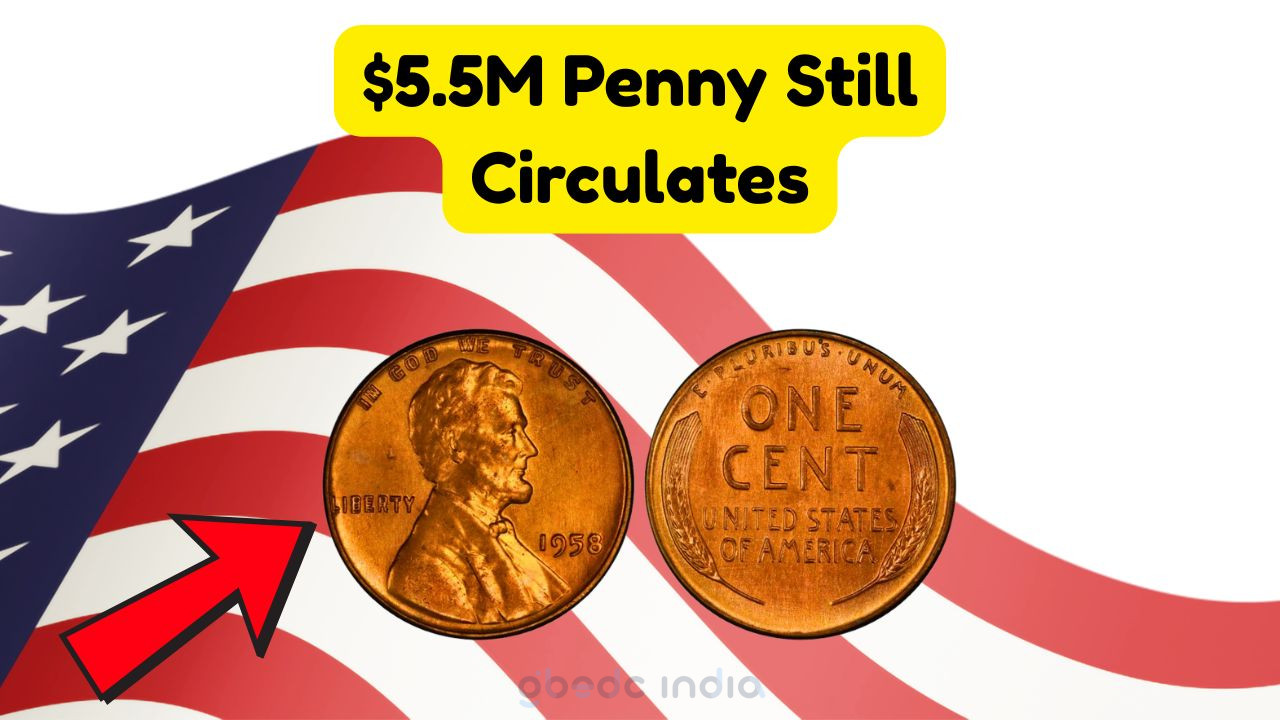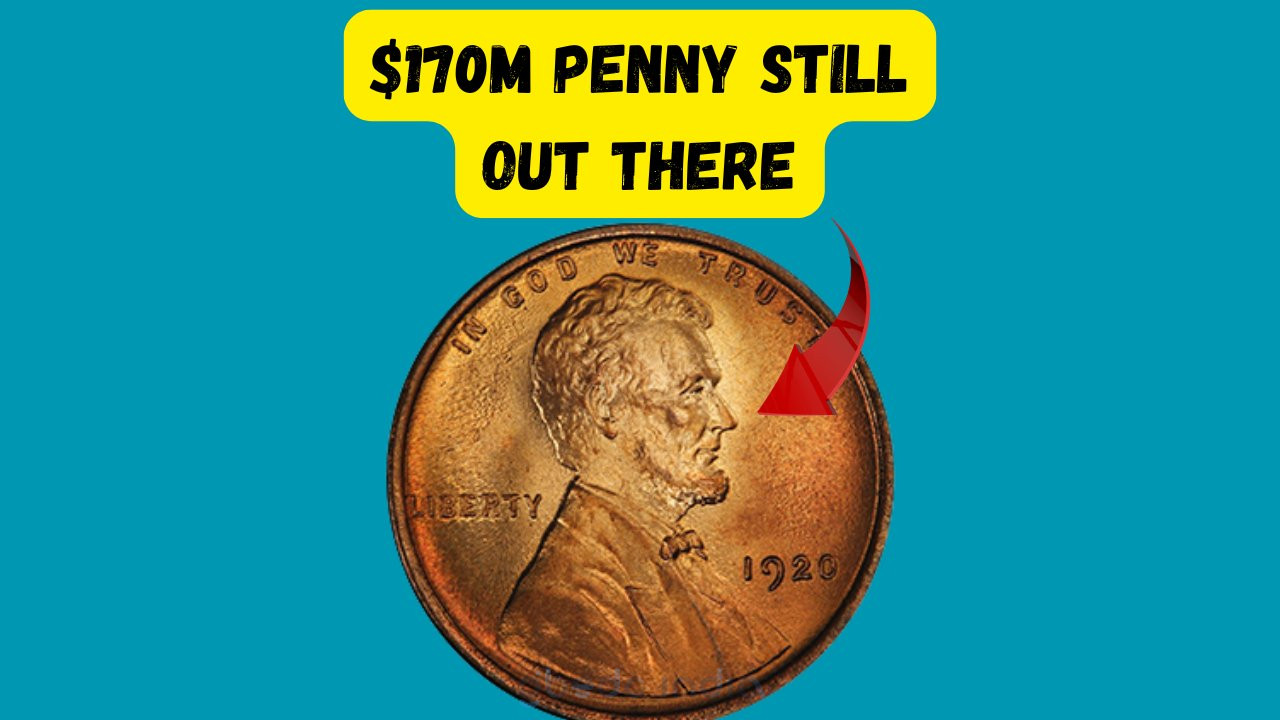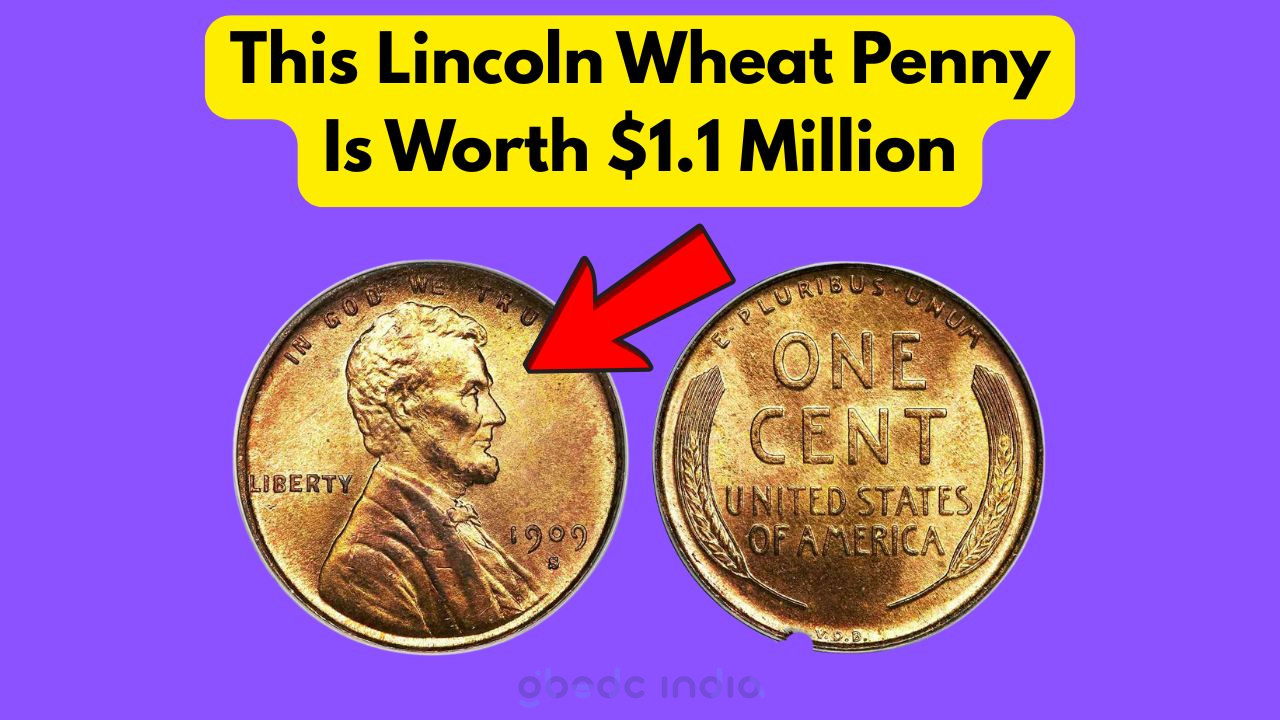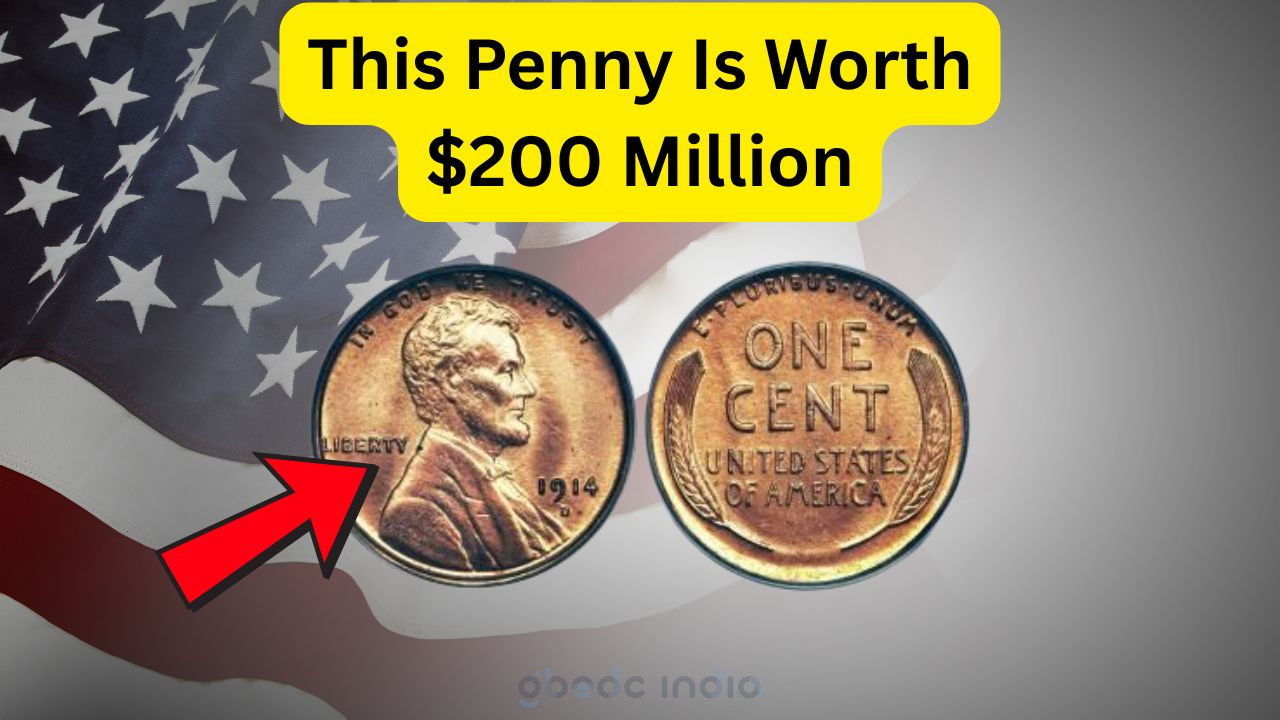Lincoln Wheat Penny
Understanding the Value of Your Lincoln Wheat Penny
The thrill of discovering a valuable coin in your pocket can be exhilarating, especially when it’s a Lincoln Wheat Penny valued at $500K. This seemingly ordinary coin holds a rich history and significant value that many are unaware of. But how can a humble penny reach such an astronomical price? The answer lies in understanding the nuances of coin collection, rarity, and historical significance. Let’s delve into the aspects that contribute to the high value of certain Lincoln Wheat Pennies.
- Rarity and Age
- Minting Errors
- Condition and Grading
- Historical Significance
- Demand Among Collectors
- Market Trends
- Authenticity Verification
Key Factors Influencing Lincoln Wheat Penny Value
The rarity of specific dates plays a vital role in determining the value of a Lincoln Wheat Penny. For instance, pennies minted during certain years may have low mintage numbers, making them rare finds today. Similarly, minting errors, such as double-dies or off-center strikes, can significantly increase a penny’s worth. Collectors often search for these unique features, willing to pay premium prices to add them to their collections.
| Year | Mint Mark | Rarity | Error Types | Estimated Value | Condition | Collector Demand | Historical Significance |
|---|---|---|---|---|---|---|---|
| 1909 | S | High | None | $500K | Mint Condition | Very High | First Year of Production |
| 1914 | D | Medium | Die Error | $150K | Good Condition | High | Early Minting |
| 1922 | No D | High | Missing Mint Mark | $200K | Excellent | Very High | Unique Error |
| 1955 | P | Medium | Double Die | $50K | Fine | Moderate | Notable Error |
| 1943 | P | High | Steel Penny | $100K | Mint | High | War Effort |
| 1926 | S | Low | None | $30K | Very Fine | Moderate | Scarcity |
| 1931 | S | Medium | None | $75K | Good | High | Depression Era |
| 1944 | D | Low | None | $20K | Fine | Low | Post-War Production |
How to Identify a Valuable Lincoln Wheat Penny
Identifying a valuable penny requires a keen eye and some basic knowledge of coin grading. Start by examining the coin’s date and mint mark, as these can give you an initial indication of its rarity. Next, assess the condition of the coin using established grading criteria. Coins in mint condition, free from scratches or wear, are often valued higher than those with visible damage. Additionally, look for any evident errors or unique characteristics, as these can add significant value to the coin.
Tools for Coin Collection
- Magnifying Glass
- Coin Grading Guide
- Protective Coin Sleeves
- Digital Scale
- Reference Books
- Coin Albums
- Market Value Guides
Steps to Evaluate Your Lincoln Wheat Penny
To properly evaluate a Lincoln Wheat Penny, start by cleaning the coin gently to remove any dirt or grime without damaging it. Use a magnifying glass to inspect the coin’s surface for any errors, such as over-minting or misprints. Compare your findings with images and descriptions in coin reference guides to confirm any unique features. Additionally, check recent sales data and market trends to estimate the potential value of your coin.
Preserve and Protect Your Collection
- Avoid Handling with Bare Hands
- Store in a Cool, Dry Place
- Use Protective Cases
- Avoid Cleaning with Harsh Chemicals
- Regularly Check for Damage
- Keep Documentation of Purchases
Resources for Coin Collectors
For those new to coin collecting, numerous resources are available to help you get started. Local coin clubs and online forums provide a wealth of information and a community of fellow enthusiasts willing to share tips and insights. Investment in reference books and market guides can also be invaluable, offering detailed information on various coin types and their historical contexts.
Online Communities and Marketplaces
- Coin Collecting Forums
- Online Auctions
- Collector’s Marketplaces
- Social Media Groups
Coin Authentication and Certification
Ensuring the authenticity of your Lincoln Wheat Penny is crucial in confirming its value. Professional grading services can certify the coin’s condition and verify its authenticity, providing you with a certificate that can enhance its market value. These services use standardized criteria to assess the coin, giving you peace of mind about your collection’s legitimacy.
Certified Grading Services
- Professional Coin Grading Service (PCGS)
- Numismatic Guaranty Corporation (NGC)
- American Numismatic Association Certification Service (ANACS)
- Independent Coin Graders (ICG)
- World Coin Grading Services
- Local Coin Dealers
Comparing Lincoln Wheat Penny Values
| Year | Mint Mark | Current Market Value | Previous Year Value | Trend |
|---|---|---|---|---|
| 1909 | P | $500K | $480K | Rising |
| 1914 | D | $150K | $145K | Steady |
| 1922 | Plain | $200K | $190K | Rising |
| 1955 | P | $50K | $45K | Rising |
Understanding Market Trends
Frequently Asked Questions about Lincoln Wheat Pennies
What makes a Lincoln Wheat Penny valuable?
Lincoln Wheat Pennies become valuable due to factors like rarity, minting errors, condition, and collector demand.
Where can I sell a valuable Lincoln Wheat Penny?
Consider selling through online auction sites, coin dealers, or collector marketplaces for better reach and competitive pricing.
How can I authenticate my Lincoln Wheat Penny?
Use professional grading services like PCGS or NGC to authenticate and certify your coin.
Are all old Lincoln Wheat Pennies valuable?
Not all old pennies are valuable; only those with specific errors, rare mint marks, or historical significance hold high value.
What is the best way to store my coin collection?
Store coins in protective sleeves, in a cool, dry place, and avoid handling them with bare hands to maintain their condition.
